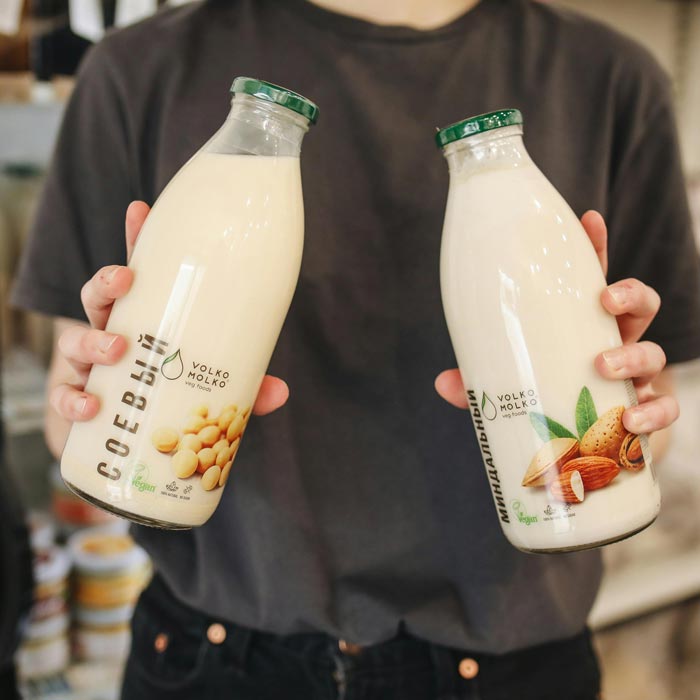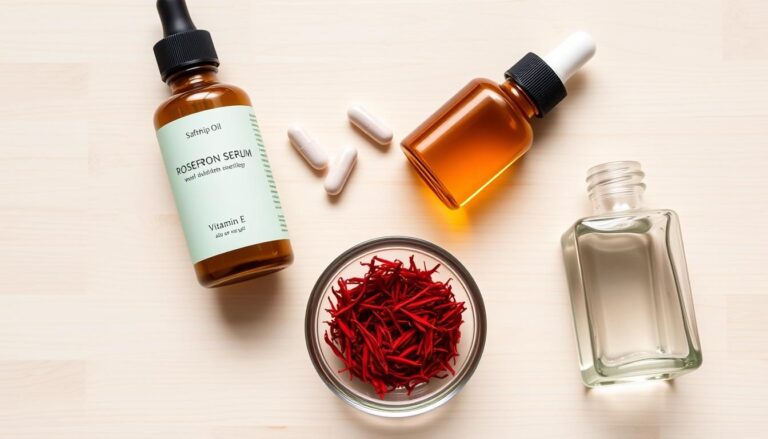Foods To Avoid Or Limit During Pregnancy
Pregnancy can be a wonderful gift. It is amazing, humbling and emotional to be able to grow a baby in your body or your partner’s. Many of these emotions are accompanied by concerns and questions regarding what foods to eat or avoid during pregnancy. Can I eat any cheese? Is sushi off limits? This article discusses the foods you can and cannot eat while pregnant.
The body of a pregnant woman undergoes extensive modifications in order to protect and develop her growing child. She increases her blood volume by almost 50% and her oxygen consumption and hormone levels rise. She may suffer from a range of symptoms, including nausea, leg cramps and sore muscles.
Mother’s Diet is one area that causes anxiety in this time of rapid change. What should a mother-to-be avoid during pregnancy? What can she do to improve her baby’s wellbeing? This is a list of foods you can trust based on current research.
[ruby_related heading=”More Read” total=3 layout=1 offset=5]
Foods to exclude
Eggs that are raw or undercooked
Salmonella bacteria is most commonly found in raw eggs. Intrauterine sepsis is possible, though rare. The eggs that are at a greater risk of salmonella include those from backyard chickens, farmers’ markets, and which have not been pasteurized. Commercially-prepared food products made with raw eggs such as mayonnaise, salad dressings, ice cream, and cookie dough are most often made with pasteurized eggs, which are safer choices than home-prepared raw items made from unpasteurized eggs.
High-mercury Fish
Mercury is a toxic heavy metal which accumulates in the human body. There is no safe level of exposure. Mercury is toxic for the nervous system, the immune system, the reproductive and cardiovascular systems as well as kidneys. Mercury’s toxic effects are most dangerous to babies in utero or during postnatal periods. Mercury exposure has been linked to lower cognitive scores and IQ in children. Large predatory fish, such as shark, swordfish, king mackerel, tilefish, tuna, marlin, and orange roughy, are the highest sources of Mercury in our diet. Sardines, herrings, salmons, anchovies and oysters are all low mercury seafoods that contain important omega-3 fatty acid for brain development.
Alcohol
The CDC states that there is no safe amount of alcohol to consume during pregnancy. Alcohol in any form crosses the umbilical chord to the baby. Alcohol consumption during pregnancy can lead to irreversible conditions like facial deformities and cognitive impairments, as well as vision, hearing, or other problems.
Addition of sugar to the diet is excessive
High sugar intake in mothers is linked to increased risk of gestational diabetes and weight gain. It is also associated with food allergies, as well as altered development of the brain. Additions of sugars are often substituted for nutrient-dense food that provides the extra nutrition required during pregnancy. Aim to consume no more than 24g or 6 teaspoons of sugar added per day. Whole fruit can be a great alternative to added sugar. Other ways to curb sugar cravings are listed below. Animal studies have shown that artificial sweeteners can increase sweet preference in later life. Sucralose and Acesulfame K are some sweeteners that can transfer into breast milk. Some experts warn against artificial sweeteners while others don’t.
Caffeine
According to research, most pregnant women can safely consume 200mg of caffein per day. This is about the equivalent of 16 ounces or 2 cups of coffee. Keep track of your caffeine intake. Caffeine consumption by mothers can increase the risk of low-birth weight, which in turn increases the risk of chronic diseases for their children as they grow older. Curious about caffeine alternatives? This article will give you some ideas.
Deli meats and smoked salmon
Listeria, a food-borne bacteria infection, is a rare but serious risk for pregnant women. Due to their reduced immune system, pregnant women are more susceptible to food-borne illnesses such as listeriosis. can lead to miscarriage or stillbirth . To reduce the risk, heat your cold cuts and smoked foods thoroughly.
Sushi & raw seafood
bacteria and parasites can be found in raw fish and seafood. Commercially frozen fish, which has been frozen between -4 and 0 degrees Fahrenheit, is a safer option for raw fish consumption. The UK currently does not advise pregnant women to consume raw fish. However, other countries such as the US, Canada and France do.
Certain dairy products
You should avoid unpasteurized milk and soft cheese due to the risk of bacterial contamination. Hard cheeses like cheddar and parmesan that are not pasteurized are an exception. Pasteurized soft cheeses are safe to eat, but those made with unpasteurized milk, such as Brie and goat cheese, should be heated before eating.
Diet Recommendations
Researchers have found that the amniotic liquid of a newborn baby is flavored by the mother’s food. By following a Mediterranean diet, you can improve your baby’s health, increase their willingness to eat healthy food and accept different flavors, and reduce your risk of gestational diabetic. This type of eating includes a wide variety of fiber-rich food such as vegetables and fruits, whole grains and legumes. It also contains lean meats and olive oil as well as herbs and spices. To reduce the likelihood of their child developing food allergies, pregnant women are advised to include foods that contain allergens, such as dairy products, eggs, wheat, soy and nuts, in their diet. Exercise can also be beneficial for the health of both mother and child.
This article summarizes the most important foods you should avoid and the ones that you can include safely. It also explains how you can support your health and the health of your baby.





